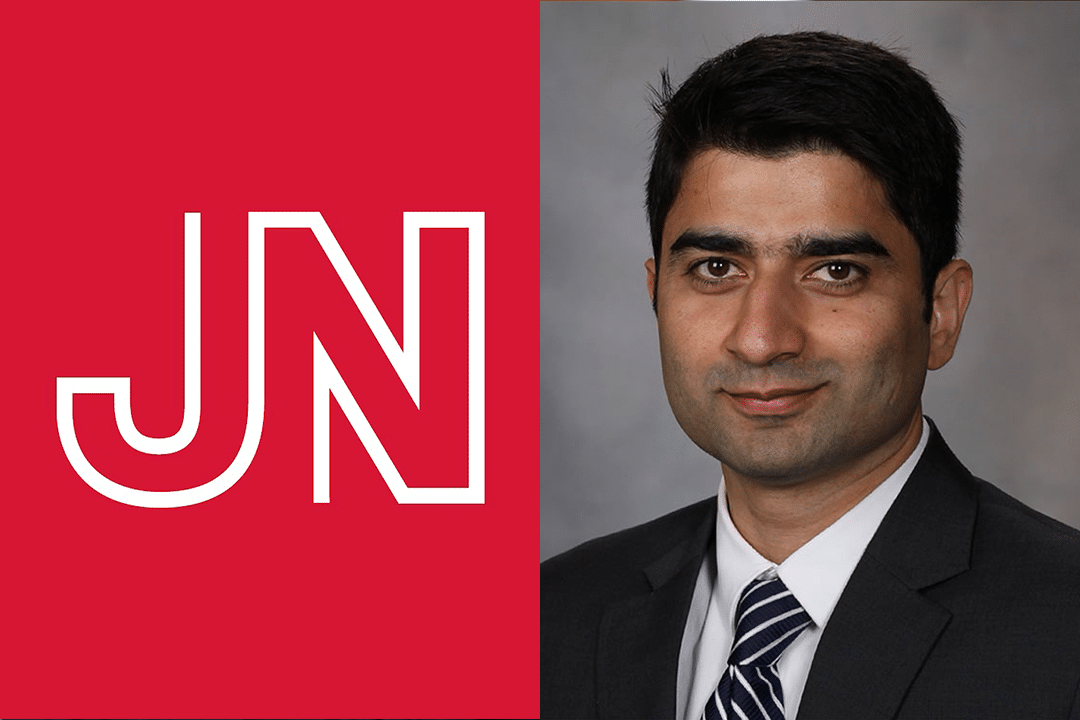
BOSTON, MA — November 5, 2025 — A new Viewpoint published in the Journal of the American Medical Association (JAMA) argues that the process by which patients are evaluated for life-saving organ transplants must become more transparent and inclusive of patient voices. Authored by Aditya S. Pawar, MD (Beth Israel Deaconess Medical Center), Tom Delbanco, MD (co-founder of OpenNotes), and Randall S. Stafford, MD, PhD (Stanford University), the article calls into question the long-standing practices that exclude patients and their families from crucial decision-making about transplant eligibility.
Entitled “Patient Participation in Kidney Transplant Candidacy—Opening the Door to the “God Committee,” the authors draw historical parallels between 1960s-era “God Committees” that selected patients for life-saving dialysis and contemporary challenges faced by over 100,000 people currently awaiting organ transplants in the U.S. They argue that entrenched and potentially biased systems may undermine patient trust, especially among marginalized communities.
“If I or my family were being evaluated, we would hope to have the option to sit at the table—not as a courtesy, but as a right,” said Pawar, lead author and instructor at Harvard Medical School. “Patients are at the core of everything we do, and by bringing them in, we could move toward a system that is both representative and responsive to the people who matter most in this process.”
The authors emphasize that transplant selection committees often comprise only medical professionals and typically make life-altering decisions without involving patients or family care partners in the ultimate meeting where decisions are finalized. Letters communicating committee decisions are often described as vague and technical.
For Stafford, a physician and researcher who is also a kidney transplant recipient, the issue is deeply personal.
“I’ve been on both sides of the table, as a physician and as a recipient of a life-saving transplant,” said Stafford, Director of the Program on Prevention Outcomes and Practices at the Stanford University School of Medicine. “Patients waiting for a transplant deserve to be seen, heard, and informed. Patient involvement and transparency are essential to restoring faith in a system often viewed as opaque and paternalistic.”
The article comes amid increasing national interest in reforming the U.S. organ transplant selection system. A 2022 report from the National Academies of Sciences, Engineering, and Medicine (NASEM) recommended major changes designed to promote transparency, reduce bias, and improve communication with patients.
Delbanco, co-founder of OpenNotes and a longtime advocate for transparent communication in healthcare, sees this article as part of a broader movement to return agency to patients.
“OpenNotes has shown us that when patients read what we write, care improves. The same principle applies to organ transplantation,” said Delbanco, Keane Professor of Medicine at Harvard Medical School. “Decisions made in the shadows erode trust. It’s time to open the door and literally invite patients into the room.”
The authors do not propose a one-size-fits-all solution. Rather, they urge the transplant community to try new ways to involve patients and recommend iterative efforts that prioritize transparency and actively involve those most affected in the selection process.
Media Contact: Katie Brace, Media Relations Manager, Beth Israel Lahey Health: Katie.Brace@bilh.org
###
About OpenNotes
Based at Beth Israel Deaconess Medical Center (BIDMC), OpenNotes is an academic lab studying, spreading, and teaching transparent communication among patients, care partners, and clinicians. BIDMC is an affiliate of Harvard Medical School. http://opennotes.org



